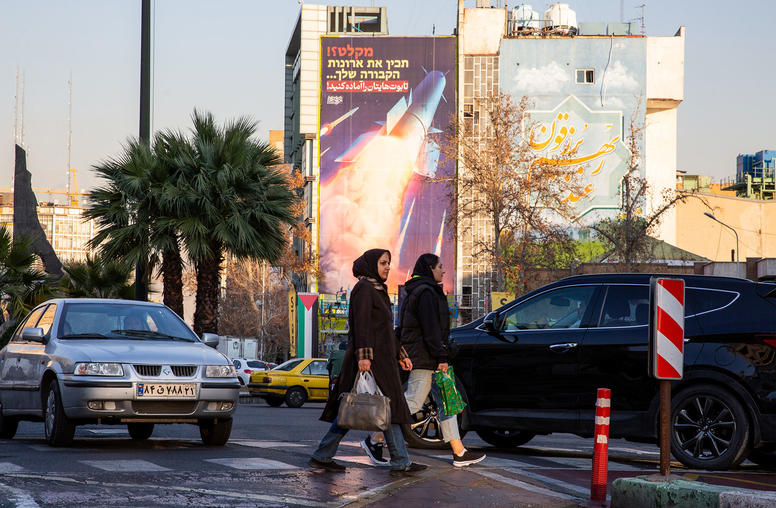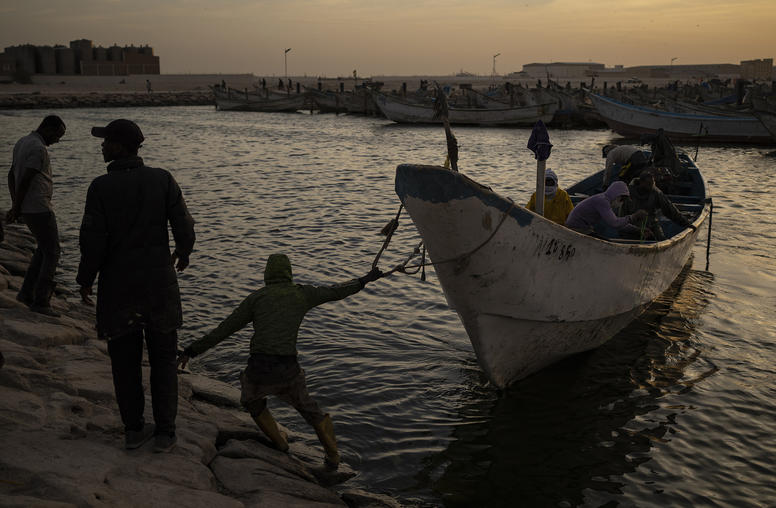Bridging the Data-Policy Gap on Counterterrorism
A Discussion of the Sixth Global Terrorism Index
Trends in global terrorism change every year. From fragile states to urban megacities, data shows how many societies are impacted by violence. But, how does this data help prevent and counter violent extremism?
Data on where attacks occur and the countries that are most impacted by violence remains critical for policymakers, practitioners, and researchers looking to prevent and counter violent extremism. The findings of the sixth annual edition of the Global Terrorism Index (GTI) provide data on the evolving trends of global terrorism that are useful for policy, programming and research.
Produced by the Institute for Economics & Peace (IEP), and informed by data collated by the National Consortium for the Study of Terrorism and Responses to Terrorism at the University of Maryland, the GTI provides a comprehensive summary of the key global trends in terrorism from 2000 to 2017.
Join the U.S. Institute of Peace and IEP for a discussion on the GTI’s findings and relevance, including the extent to which data helps shape policy. Speakers will explore how data impacts decision-making and shapes policy, practice, and research.
Speakers
Richmond Blake
Director of Policy and Advocacy, Mercy Corps
Michelle Breslauer
Director, Americas Program, Institute for Economics & Peace
Leanne Erdberg
Director Countering Violent Extremism, United States Institute of Peace
Elizabeth (Liz) Hume
Alliance for Peacebuilding, Vice President and Acting CEO
Erin Miller
Global Terrorism Database Manager, National Consortium for the Study of Terrorism and Responses to Terrorism



